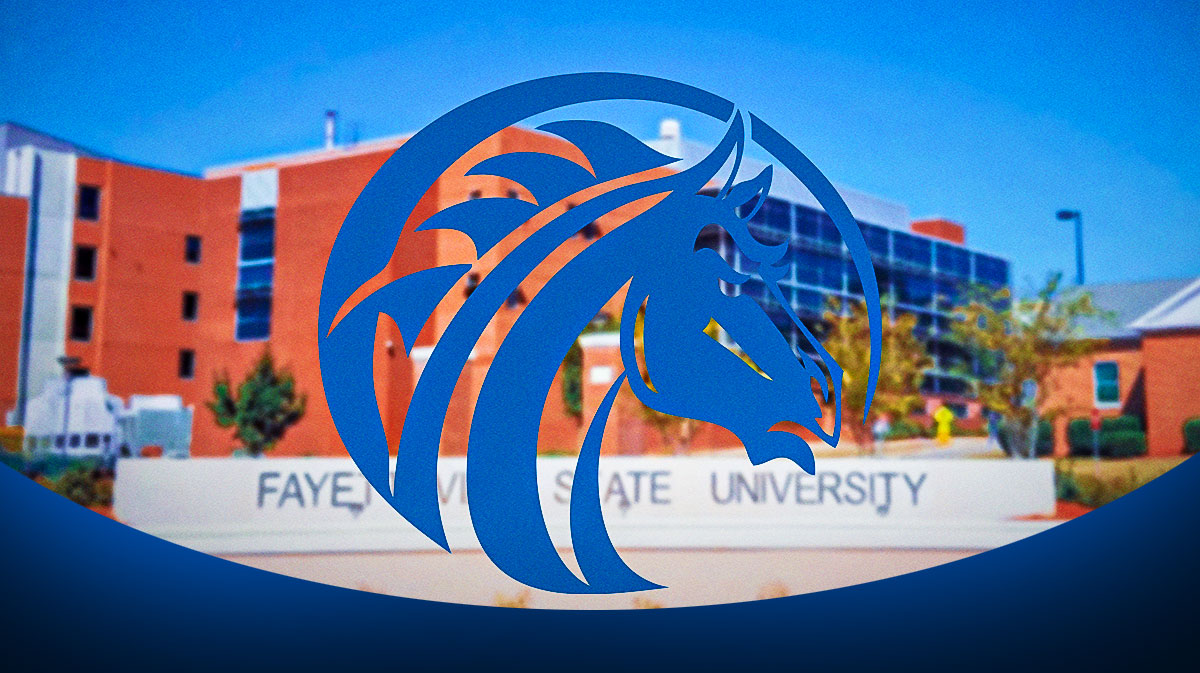Morgan State University secured a $20.9 million grant from the National Institutes of Health’s (NIH) National Institute on Minority Health and Health Disparities (NIMHD). This five-year grant aims to boost Morgan’s Research Centers in Minority Institutions (RCMI) Center for Urban Health Disparities Research and Innovation (RCMI@Morgan). The center focuses on tackling health disparities in underserved communities.
With this funding, Morgan can expand its efforts to improve health outcomes in Baltimore, a city where 70% of the population identifies as Black, Indigenous, and People of Color (BIPOC). RCMI@Morgan actively researches chronic diseases like cancer, diabetes, and HIV, which disproportionately impact these communities.
Morgan State University President David K. Wilson expressed pride in the university’s achievements, stating, “We extend our appreciation to the NIH and NIMHD for their continued endorsement of Morgan State University and the transformative work being carried out by RCMI@Morgan.” Since its inception in 2019, RCMI@Morgan has produced 66 research publications and secured an additional $20 million in funding.
Vice President for the Division of Research and Economic Development, Dr. Willie E. May, emphasized how this new grant will fast-track scientific discoveries at Morgan. He added, “This new funding will significantly accelerate the pace of scientific discoveries at Morgan, allowing us to deepen our exploration into the root causes of health disparities and evidence-based solutions.”
Morgan State University, a Carnegie-classified high research (R2) institution, offers over 150 academic degrees and certificates, from the undergraduate to doctoral levels. As Maryland’s Preeminent Public Urban Research University and the only institution whose entire campus is designated as a National Treasure by the National Trust for Historic Preservation, Morgan serves a diverse student body and remains committed to expanding access to higher education.
Research conducted at RCMI@Morgan continues to advance understanding of health disparities and minority health by identifying causes and developing affordable solutions to manage these issues in urban settings. The new grant will support several initiatives, including enhancing research labs, promoting biomedical innovation, launching pilot projects, building biomedical research careers, and strengthening community partnerships.
“This funding will open new opportunities for our advanced degree researchers and postdocs, providing them with unmatched resources to advance their work,” said Dr. Paul B. Tchounwou, who serves as the principal investigator and executive director of RCMI@Morgan, additionally, he is the dean of Morgan’s School of Computer, Mathematical, and Natural Sciences.
Since its founding in 2019, RCMI@Morgan has played a crucial role in improving urban health outcomes by focusing on the biological and socio-economic factors driving health disparities. The center addresses issues like cancer, HIV, and social determinants of health, and partners with institutions like Johns Hopkins University and the University of Maryland to broaden its reach. With an initial $14.2 million NIH/NIMHD grant, the center has worked to eliminate health disparities in Baltimore’s underserved communities. Its research on chronic diseases has led to new strategies for prevention and treatment, impacting healthcare both locally and nationwide.
“This NIH/NIMHD grant is a testament to the hard work and dedication of our researchers,” said Hongtao Yu, Ph.D., provost and senior vice president for Academic Affairs at Morgan. “It positions Morgan as a major player in the national conversation on health disparities, and we are excited to continue pushing the boundaries of research to serve our community and beyond.”





